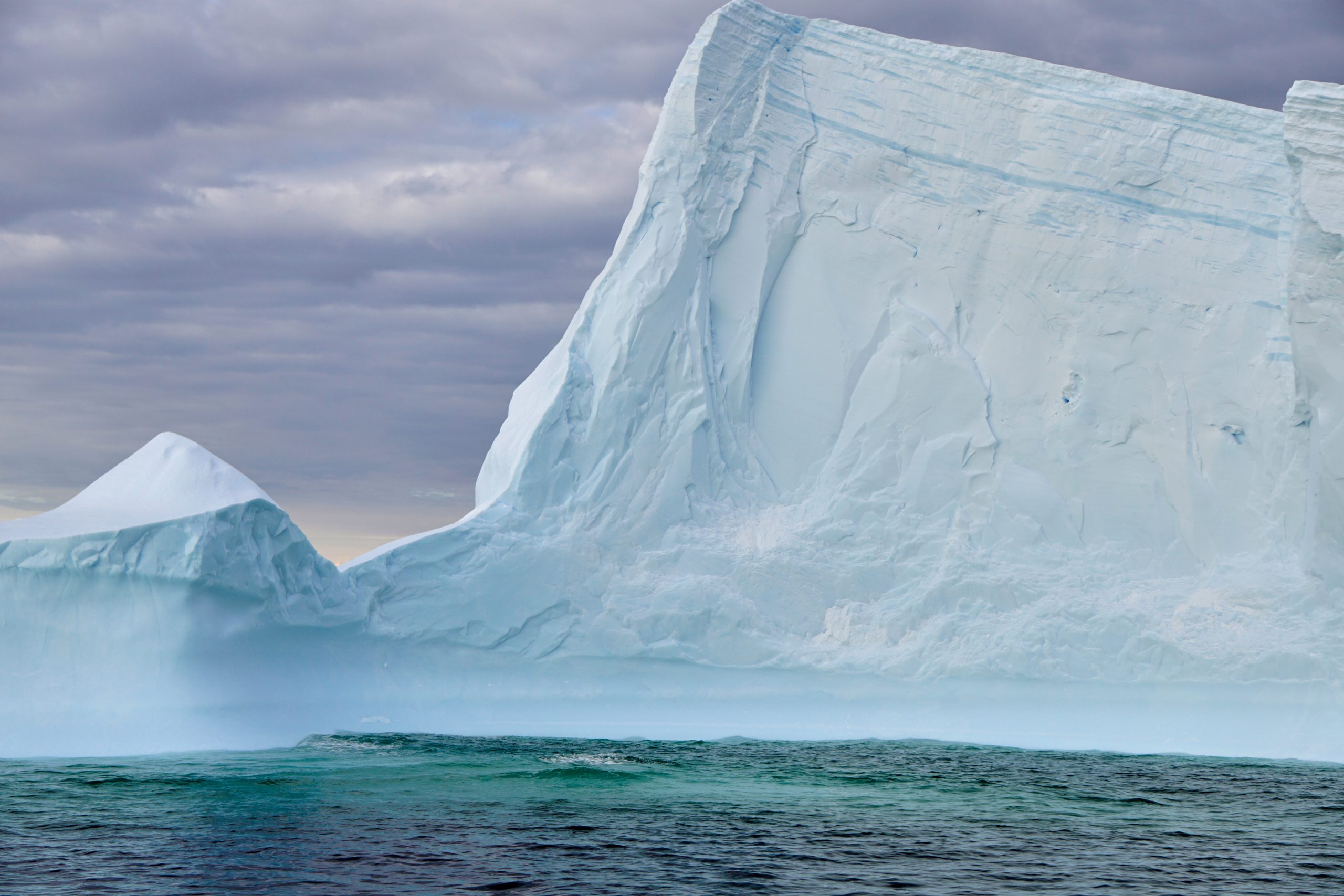ARC DECRA Fellowship
Evaluating the Impact and Efficiency of Engineering the Ocean to Remove CO2
Role: Sole Chief Investigator
Award: $807, 743 (ARC: $451,697)
Duration: 2024-2027
This project aims to evaluate the viability of engineering the ocean to remove carbon dioxide from the atmosphere by simulating a suite of climate intervention and baseline scenarios. To better predict changes in marine carbon cycling, I will first make novel observations of zooplankton grazing dynamics, then use them to improve, validate and constrain a new marine biogeochemical model. Using this model, coupled to an ocean, atmosphere and fisheries model, I will quantify the long-term efficiency with which marine carbon dioxide removal strategies sequester carbon along with their impact on fisheries catch. These projections will help scientists, policy-makers, and industry leaders decide if, when, and how we could leverage marine carbon dioxide removal.
Centre of Excellence
ARC Centre of Excellence for Our Future Oceans
Role: Chief Investigator; Co-Lead of mCDR Theme
Award: $35,000,000
Duration: 2026-2032
Australia’s oceans are at the heart of our economic, social, cultural, and environmental well-being. Australia is responsible for the third largest marine jurisdiction in the world, with our exclusive economic zone (EEZ) covering 8.2 million km2. Australia’s marine industries contribute around $120b per annum to our economy, but climate and environmental change are threatening the health of our oceans, risking our national marine sector. The proposed ARC Centre of Excellence for Our Future Oceans will bring together Australia’s leading ocean science and engineering communities to harness new and emerging technologies to better observe and model our changing oceans.
ICONIQ Impact Ocean Co-Lab
Constraining the Additionality Problem for Ocean Alkalinity Enhancement
Role: Co-lead Chief Investigator
Award: $746,512
Duration: 2024-2027
Anthropogenic Ocean Alkalinity Enhancement (OAE) poses a promising mechanism to reduce atmospheric CO2 by shifting the speciation of the carbonate system in order to increase the ocean’s carbon reservoir. However, this shift in carbonate chemistry is may, in turn, may trigger a reduction in the ‘natural’ alkalinity source by decreasing CaCO3 dissolution across coastal sediments and open ocean corrosive microenvironments such as marine snow and zooplankton guts. Any such feedback must be considered in order to evaluate additionality for both initial proof-of-concept validation and eventual monitoring, reporting and verification. The aim of this project is to enable the quantification of additionality during large-scale OAE simulations by making experimentally-informed improvements to a global coupled-biogeochemical model. The model will explicitly account for the primary feedbacks by which anthropogenic alkalinity can buffer the dissolution of CaCO3 in coastal sediments and open ocean microenvironments. Thus, we will constrain if the addition of anthropogenic alkalinity can reduce natural alkalinity sources (or enhance natural alkalinity sinks), thereby quantifying the net climatic benefit of OAE.
National Computational Merit Allocation Scheme
mCDrive: Marine Carbon Dioxide Removal Impact and Validation Experiments
Role: Lead Chief Investigator
Award: 1,000 KSU ( ~$15,000)
Duration: 2025
This project aims to evaluate a suite of mCDR technologies, deployed on different timelines, alongside different levels of temperature overshoot. Three types of mCDR will be explored: Ocean Iron Fertilization (OIF), Ocean Alkalinity Enhancement sourced from contaminant free carbonate minerals or electrochemical processes (OAE), and OAE sourced from mafic minerals containing silicate, iron, and other trace metals (OAE-Si). Each scenario will be explored through a hierarchy of control and perturbation simulations in a coupled ocean model, run with a new biogeochemical model designed to realistically simulate key processes related to mCDR. Through analysis of these simulations, this project will isolate the impact and efficiency of isolated mCDR technologies in a stable climate, then determine if and how they could be deployed alongside emissions reductions to safely abate the worst impacts of climate change across a suite of future projection scenarios.
ARC LIEF Award
Expanding Australia’s ocean observatory of biogeochemical Argo floats
Role: Chief Investigator
Award: $1,490,619
Duration: 2026
Expanding Australia’s ocean observatory of biogeochemical Argo floats. Robotic biogeochemical Argo floats autonomously measure ocean physics, biology and chemistry for <5% of the cost of ship-based measurements. This data can, and has, addressed important climate and societal issues spanning ocean carbon storage, acidification, deoxygenation and fisheries management. Science and societal impact scales with the number of floats in the water. This project will fund 12 floats with novel hyperspectral sensors to strengthen the array in waters strategically important to Australia. The expected outcomes include an improved understanding of ocean processes relevant to biogeochemical cycles, ecosystems and climate around Australia, increased scientific publications targeting this region, and a well-trained work force.
Australian Antarctic Program Partnership
Role: Affiliate Researcher
Duration: 2020-present
The Australian Antarctic Program Partnership (AAPP) is a partnership of Australia’s leading Antarctic research institutions supported by the Australian Government Antarctic Science Collaboration Initiative. The AAPP will improve our understanding of the role of the Antarctic and Southern Ocean within the global climate system and its implications for marine ecosystems.
US DoD NDSEG Fellowship
Computational analysis of the biophysical controls on Southern Ocean phytoplankton ecosystem dynamics
Role: Sole Chief Investigator
Award: $300,000 USD
Duration: 2014-2017

